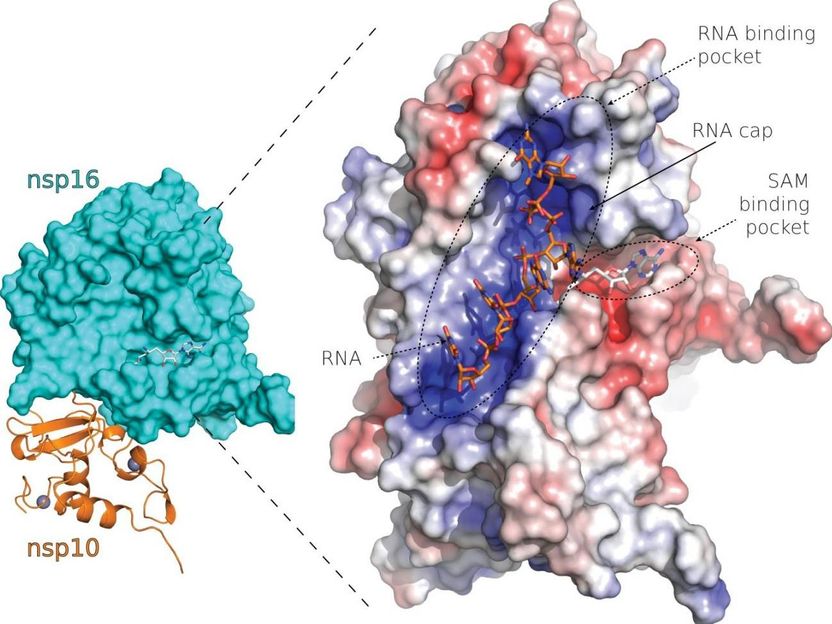A receptor may hold key to multiple sclerosis treatment
Advertisement
A receptor recently discovered to control the movement of immune cells across central nervous system barriers (including the blood-brain barrier) may hold the key to treating multiple sclerosis (MS).
In MS, immune cells enter the central nervous system and attack and destroy the myelin sheath surrounding the axons of nerve cells in the brain and spinal cord, resulting in blindness, paralysis, incontinence and many more symptoms.
The research, appearing in the Journal of Immunology, reveals how the A2A adenosine receptor expressed on blood-brain barrier cells acts as a gateway, allowing immune cells to enter the brain, where they can cause havoc in people with MS.
The blood-brain barrier is composed of specialized cells that selectively prevent substances from passing from the bloodstream into the brain.
In this study, the researchers used mice where the A2A adenosine receptor was knocked out and then infused those mice with normal immune cells from wild-type mice expressing the A2A adenosine receptor. This produced chimeric mice expressing the A2A receptor on immune cells, but not on blood-brain barrier cells. Without A2A receptor on blood-brain barrier cells, the normal immune cells failed to effectively infiltrate the central nervous system, and thus, these mice were protected and developed less severe symptoms of MS-like disease.
Most read news
Topics
Organizations
Other news from the department science

Get the life science industry in your inbox
By submitting this form you agree that LUMITOS AG will send you the newsletter(s) selected above by email. Your data will not be passed on to third parties. Your data will be stored and processed in accordance with our data protection regulations. LUMITOS may contact you by email for the purpose of advertising or market and opinion surveys. You can revoke your consent at any time without giving reasons to LUMITOS AG, Ernst-Augustin-Str. 2, 12489 Berlin, Germany or by e-mail at revoke@lumitos.com with effect for the future. In addition, each email contains a link to unsubscribe from the corresponding newsletter.



























































